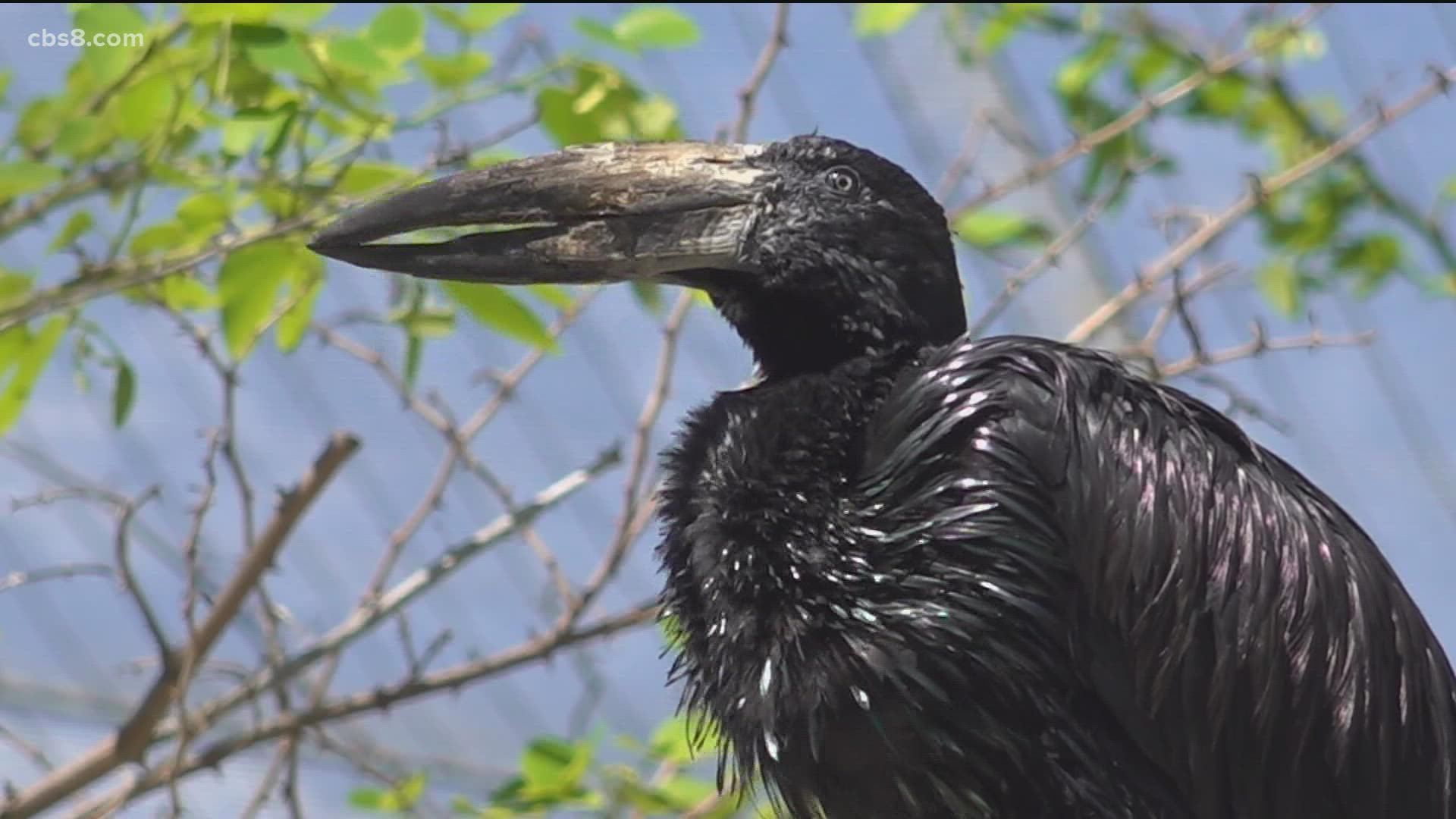SAN DIEGO — Right now, the avian flu, also known as 'bird flu,' is spreading quickly across the United States, making it the worst outbreak since 2015.
While it hasn’t made its way to California, the San Diego Zoo and Safari Park are keeping a close watch.
“In the beginning of the year, it was reported on the East Coast, Florida, North Carolina, South Carolina, and since then it has made its way across the country. As of two days ago, it was last reported in Utah and Idaho, so it seems to be making its way west,” said Dr. Hendrik Nollens, Vice President of Wildlife Health for the San Diego Zoo Wildlife Alliance.
The San Diego Zoo and Safari Park has 3,700 birds in their care.
Dr. Nollens has been holding weekly meetings to monitor the situation. At this point, they've taken certain precautionary measures just in case.
"We are testing every bird that may come into the collection. We are minimizing any bird movements so birds that may come from other zoos, we’re taking a look at whether that's necessary at this time, but as far as facilities and operations, we are entirely in the planning phase," said Dr. Nollens.
If the threat increases, Dr. Nollens will take it a step further and make changes to existing habitats, something zoos elsewhere have had to do.
The number one concern is if a wild bird with the avian flu comes onto the property and infects others.
“The visitors may see additional netting, temporary netting to keep other birds out or they may see certain bird habitats don't have birds in it anymore and they may have another animal in it,” said Dr. Nollens.
According to the U.S. Department of Agriculture, since February, at least 36 bald eagles have died in 14 states from the avian flu.
In the poultry industry, it’s even worse. Since April 3, the outbreak has resulted in having to slaughter more than 23 million poultry, including chickens and turkeys.
Meanwhile, the CDC reports the threat to humans is low.
Back at the Safari Park, the last time there was a threat like this was in 2019 when a virus called Newcastle disease was found in the region.
None of their birds were impacted, but just like today, they're not taking any chances.
“We sure hope the virus does not make it here, but we are prepared as if it will get here,” said Dr. Nollens.
Dr. Nollens says people with birds at their homes or properties should be concerned.
The USDA offers these tips regarding what to look out for and how to keep your animals safe.
WATCH RELATED: King Penguins arrive at the San Diego Zoo in 1967

